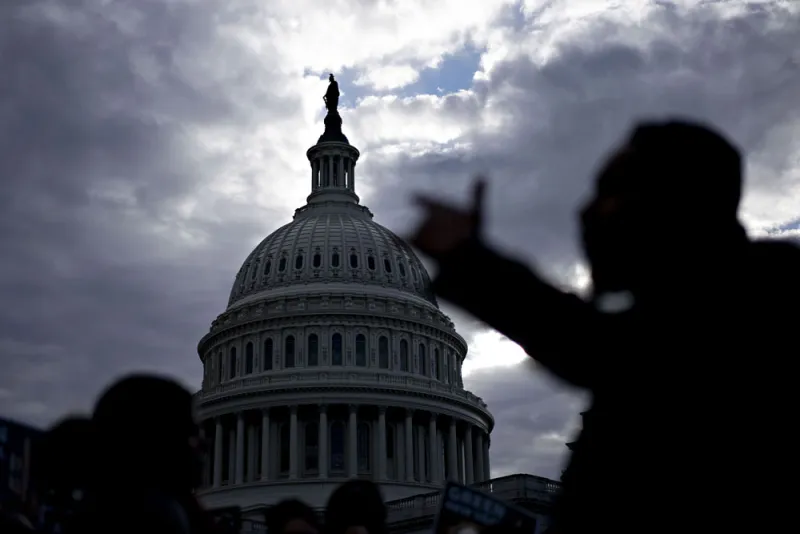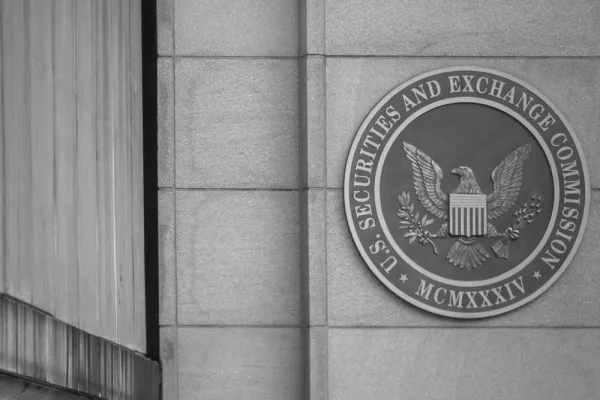Less than one block away from the Congressional building where a contentious impeachment hearing unfolded Tuesday, another hearing was underway — one that could be far more consequential for investors.
The House of Representatives Financial Services Committee took up three bills that would regulate the private equity industry.
The proposed Stop Wall Street Looting Act of 2019 stipulates that private equity investors and their funds maintain liability for their portfolio companies’ debts; the Private Fund Board Disclosure Act of 2019 aims to promote diversity at private equity firms; and the Investment Adviser Alignment Act requires quarterly fee reports to investors from firms, among other rules.
The Institutional Limited Partners Association, which represents a powerful group of private equity investors, shared support for the Investment Adviser Alignment Act in a letter sent to Congress. Steve Nelson, ILPA’s chief executive officer, said in the letter that ILPA favors such “targeted reforms” for private equity.
“We’ve been concerned because a number of states have imposed their own regulations,” said Chris Hayes, senior policy counsel at ILPA by phone Monday. “That issue is best handled at the federal level, so all LPs are on the same negotiating level.”
“On the diversity bill, we haven’t taken a position,” Hayes said, noting that ILPA had just started reviewing the proposal this week.
As for the Stop Wall Street Looting Act? “We think there are some things in it that are positive for LPs,” Hayes said. “Other things may limit the ability of the industry to perform.”
[II Deep Dive: They’re the Biggest Investors in Private Equity. Now They’re Asking the SEC to Step In.]
Tuesday’s hearing featured five witnesses: Eileen Appelbaum, co-director at the Center for Economic and Policy Research; Wayne Moore, a trustee at the Los Angeles County Employee Retirement Association; Giovanna De La Rosa a former Toys “R” Us Employee; Drew Maloney, CEO of the American Investment Council; and Brett Palmer, president of the Small Business Investor Alliance.
House Republicans at the hearing focused heavily on how the bills would impact small and middle-market private equity funds, voicing concerns that the legislation would drive them out of business.
“I call it the Stop Entrepreneurship Act,” said Rep. Denver Riggleman, a Republican who represents Virginia’s fifth district.
They also expressed concerns that regulating private equity firms could slow industry growth and stymy job creation. To this end, Palmer said that the only way for private equity firms to succeed is for them to invest in middle and small market businesses, and then to watch them grow.
Republicans quoted CalPERS chief investment officer Ben Meng several times, who in March said at a board meeting: “We need private equity to be successful. We need more of it and we need it sooner rather than later.”
Meanwhile, House Democrats focused on the bills’ potential to improve working conditions for employees at companies acquired by private equity firms. They expressed concern about acquisitions of hospitals and small medical practices, and whether private equity firms had helped, or harmed, patients.
They also noted that investors, or limited partners, like pension funds have less transparency than they’d like to when investing in the asset class. According to Hayes, this is one of the reasons ILPA is supporting the Investment Adviser Alignment Act.
“It would require fee and expense reporting,” Hayes said. “Investors should know what they’re being charged.”
Both Eileen Appelbaum and Rep. Brad Sherman (a California Democrat) suggested at separate points that institutional investors should band in pushing for transparency from private equity firms. “It’s very difficult for most limited partners to get their own information,” Appelbaum said.
Moore, a trustee for the massive L.A. County pension system, heartily agreed. “We do have the Institutional Limited Partners Association that has been very vocal and supportive,” Moore said. “But the best disinfectant is always sunlight.”







